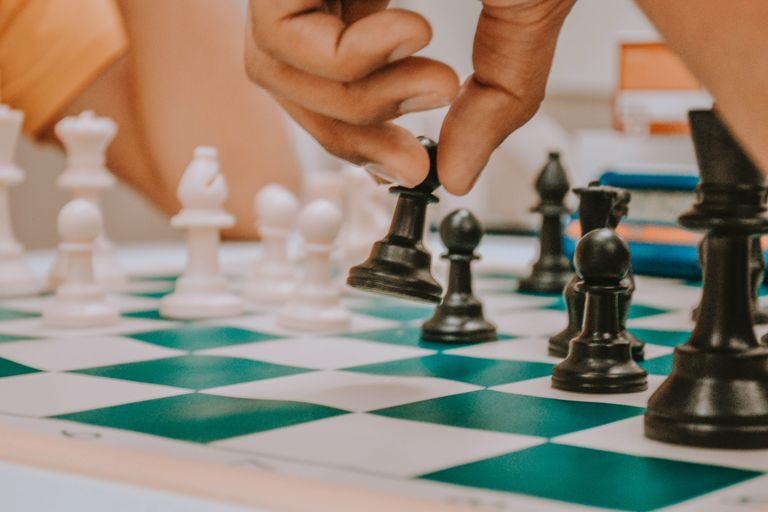The young lady who, last Saturday, gave in to her emotions, got into her car after a fist fight with another female, drove up onto the curb in what appeared to be an attempt to mow down her opponent, and hit an innocent onlooker, taking his life, then put the car into reverse and hit another pedestrian, severely injuring him, will today regret that split decision she took and the actions that followed which will now forever change the course of her life while ending that of another. The only thing is, she cannot turn back the hands of time.
I wonder what the fight was for.
And even without knowledge of the circumstances surrounding the fight which, according to video footage circulated on social media, appeared to have begun as a shouting match inside a bodega in Queen's, New York early on Saturday morning, before spilling out onto the pavement and escalating into an all-out fist throwing, wig snatching brawl which some bystanders attempted to break up before the young lady got into her vehicle and made the fateful decision to drive, I'd say, whatever the reason, it wasn't worth it.

Screenshot of video shared on Twitter
Sadly though, this is as it often is. While many of us may not have attempted to go all arcade style driving to score one up on an opponent following a dust-up, some of us have made snap decisions with devastating and permanent consequences based on transient emotions. And very often there are innocent casualties of our ill conceived decisions.
Ruled by the Primitive Brain
Imagine being ruled by the primitive parts of our brain, a throwback from prehistoric society, and not by intentional thought. Yet this is what very often happens when our kneejerk reaction to a situation is a fight of flight response. In fact, psychologist Daniel Goldman coined the term "amygdala hijack" in his book Emotional Intelligence: Why It Can Matter More Than IQ.
Healthline explains that the amygdala, a cluster of cells located near the base of the brain, played a key role in framing the fight or flight responses of early humans facing the threat of physical harm.
Today, however, the online magazine notes that "psychological threats, such as the pressures and stress of modern life, work, and relationships... can trigger the amygdala’s fight-or-flight response" with common emotional triggers such as anger, aggression, fear and stress causing sudden, illogical, and even irrational reactions. Like getting into a car immediately after a fight and attempting to mow over the person you were fighting with.
Interestingly enough, the Healthline article notes: "After an amygdala hijack, you may experience other symptoms like embarrassment and regret." But then, all too often it is too late.
Learning to Live Intentionally
In many instances, living intentionally is learned behavior, it's not automatic. But it's important if we are to live up to the self-ascribed title as the most intelligent species of the animal kingdom, at the top of the food chain, so to speak. And yet, with causative factors like maybe a chemical imbalance, childhood trauma, mental health disorders, etc., how can you achieve the goal of emotional regulation?
In the 2019 paper, How Does Exercise Improve Implicit Emotion Regulation Ability: Preliminary Evidence of Mind-Body Exercise Intervention Combined With Aerobic Jogging and Mindfulness-Based Yoga, authors Yifan Zhang, RuoFan Fu, Li Sun, YuJing Gong, and Donghui Tang wrote, "Literature has emphasized the importance of emotion regulation in determining whether stressful life events result in psychological distress (Sheppes et al., 2015).
"Specifically, when high stress is perceived, the increase in psychological distress is associated with emotion regulation difficulties (Abravanel and Sinha, 2015). To improve the ability to regulate emotion, several psychological treatments have been developed, such as mindfulness-based cognitive therapy, emotion-focused therapy, and emotion regulation therapy (Mennin et al., 2002; Santor, 2003; Bishop et al., 2004). Additionally, exercise is another complementary intervention that might aid emotion regulation."
Or maybe chess. Come to think of it, have you ever seen anyone rage out over a game of chess?
At the end of the day though, it is never okay to be ruled by rage so absolutely, to lose your cool or lose control of your mental faculties so completely that you act blindly and sign a contract with the devil that could dog the rest of your days.
Living intentionally, practicing mindfulness isn't just an exercise that should be relegated to children and youth. Sometimes, as adults, we can be plagued by knee jerk reactions throughout our lives, and so, if we aren't careful, we'd find ourselves stuck in a loop making rage decisions after rage decision- or simply living reactively from one moment to the next.
That's the thing, isn't it? After you lose your cool, you have the benefit of reflection. You can even develop the practice of mindfulness exercises, etc. Like the young lady who got into the car on Saturday and jumped the curb and ran into an innocent bystander. She'd have the chance to reflect. Apologize. Maybe do some yoga.
The onlooker who died though? Let's say his name: 59 year old Milton Storch who, until that fateful moment, lived with limited mobility. He won't be so lucky. May his soul rest in peace.
Thank you for your visit, my friends. This article was first posted to my blog on Read Cash


Good post
Thank you, my friend!
:::Discord :::Whatsapp:::Twitter :::